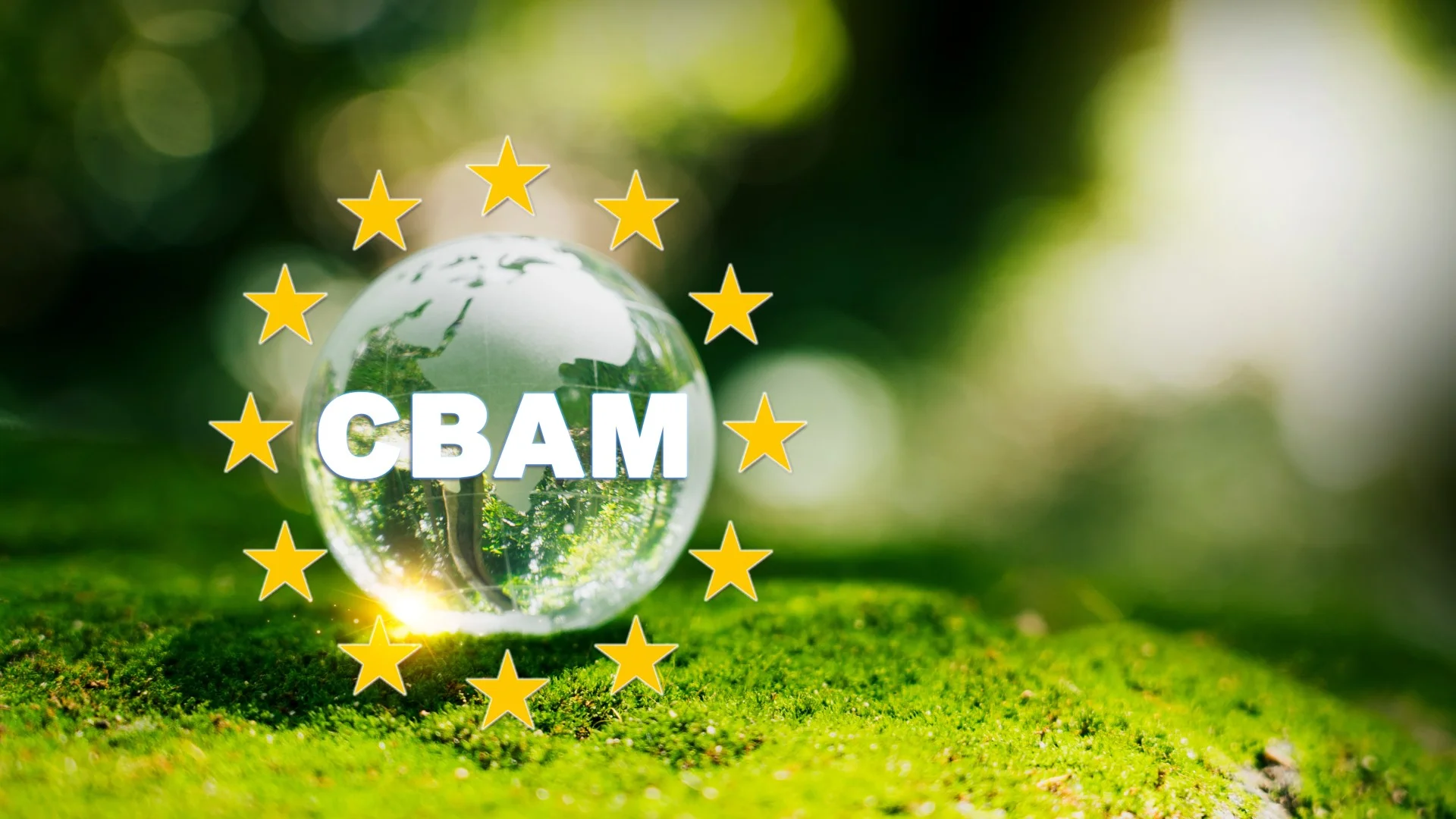
EU’s approach to being the world’s first climate-neutral continent.
Investasi • 28 Agustus 2024
As a front-runner in climate protection and a driver of the global environmental agenda, Europe aims to become the world’s first climate-neutral continent by 2050. The European Green Deal, introduced in 2019 and adopted in 2020, is a roadmap of tax and non-tax policy initiatives designed to achieve this ambitious target.
What is CBAM?

The Carbon Border Adjustment Mechanism Regulation, which entered into force on 17 May 2023 and will come into effect on 1 October 2023, is, therefore, designed to counter the risk of carbon leakage and operates by imposing a charge on the embedded carbon content of certain imports that is equal to the charge imposed on domestic goods under the ETS (Emission Trading System) with adjustments being made to this charge to take into account any mandatory carbon prices in the exporting country.
The EU’s Carbon Border Adjustment Mechanism (CBAM) is the EU’s tool to put a fair price on the carbon emitted during the production of carbon-intensive goods entering the EU and to encourage cleaner industrial production in non-EU countries.
What are the products regulated by CBAM?
The CBAM will initially apply to imports of certain goods and selected precursors whose production is carbon intensive and at the most significant risk of carbon leakage: cement, iron and steel, aluminum, fertilizers, electricity, and hydrogen. With this enlarged scope, CBAM will eventually, when fully phased in. It will capture more than 50% of the emissions in ETS-covered sectors
As the fourth most populous nation in the world and an “emerging market” where the country’s natural supply of critical minerals will play a vital role in green supply chains, Indonesia’s development will be tethered to global decarbonization efforts.
To meet the regulating effect of the CBAM, Indonesia is pursuing multiple routes to protect its own industries. The Indonesian government has recognized the challenges and opportunities the EU’s CBAM presents to the Indonesian economy.

